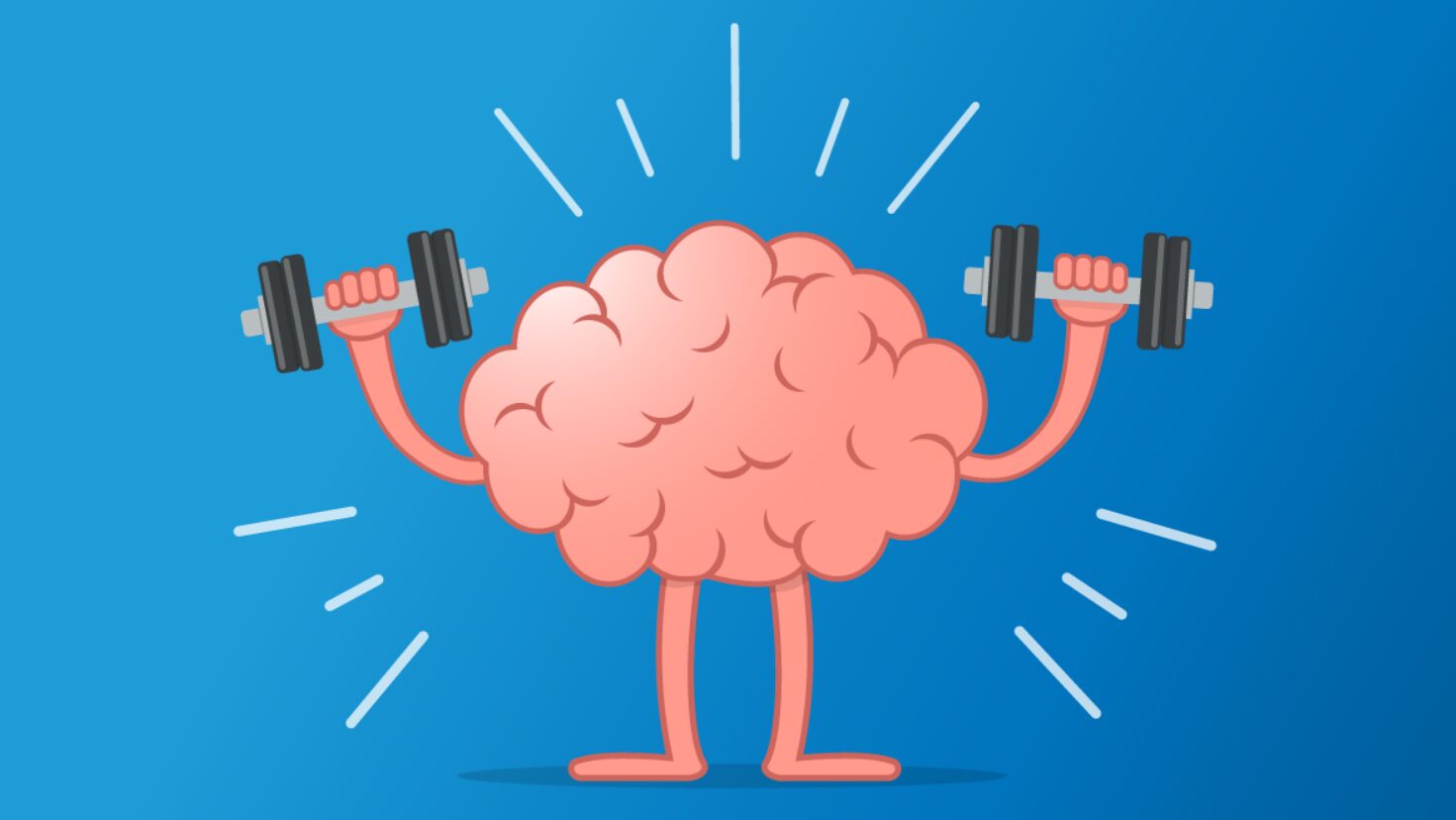Journaling for Mental Health
In the hustle and bustle of daily life, it’s easy to feel overwhelmed by thoughts and emotions. One effective yet often overlooked method of managing mental health is journaling. Writing down your thoughts can help clarify emotions, reduce stress, and provide a sense of relief. In this article, we’ll explore the mental health benefits of journaling and how to make it a regular part of your self-care routine.
1. The Mental Health Benefits of Journaling
Journaling offers several benefits for mental well-being. Here’s how it can improve your emotional health:
- Reduces Stress and Anxiety: Writing about your worries helps release pent-up emotions and allows you to see problems from a clearer perspective. Journaling can also serve as an emotional outlet, helping to reduce feelings of anxiety.
- Improves Mood: By consistently reflecting on positive moments, journaling can shift your mindset toward gratitude, which in turn boosts your overall mood.
- Enhances Self-Awareness: When you write about your feelings, you become more in tune with your emotional state. This heightened self-awareness can help identify triggers that affect your mental health.
- Promotes Problem-Solving: Journaling provides a structured way to work through problems, helping you find solutions that might not have been obvious before.
2. Types of Journaling for Mental Health
There are several approaches to journaling, each with its own benefits. Here are a few types you can try:
- Gratitude Journaling: Focus on writing down things you’re grateful for each day. This helps cultivate a positive mindset, improving mental resilience.
- Stream-of-Consciousness Writing: Simply write whatever comes to mind without censoring yourself. This method allows you to explore your thoughts and emotions freely, often revealing insights into your mental state.
- Goal-Oriented Journaling: Writing about your goals and tracking your progress can give you a sense of accomplishment, motivating you to achieve your personal or professional objectives.
- Emotional Release Journaling: Use journaling as an outlet to express difficult emotions, such as anger, sadness, or frustration, in a healthy way.
3. How to Start Journaling for Mental Health
If you’re new to journaling, it’s important to start with a simple approach. Here’s how to get started:
- Set Aside Time: Dedicate 10-15 minutes each day for journaling. Choose a time that works best for you, whether it’s in the morning to set intentions for the day or in the evening to reflect on your experiences.
- Choose Your Medium: Whether you prefer a physical notebook or a digital journal, find a format that feels comfortable and accessible.
- Be Honest with Yourself: Don’t worry about grammar or structure. The goal is to write freely and authentically about your thoughts and feelings.
- Stay Consistent: Like any self-care practice, consistency is key. Make journaling a part of your daily routine to experience its full mental health benefits.
4. When to Seek Professional Help
While journaling can be a great tool for self-reflection and stress relief, it’s important to know when professional help is needed. If your anxiety, stress, or negative emotions persist despite journaling and other coping mechanisms, consider reaching out to a mental health professional for guidance.
Conclusion
Journaling is a powerful and accessible tool that can significantly improve your mental health. By incorporating it into your daily routine, you can reduce stress, enhance self-awareness, and improve your emotional well-being. Whether you’re using gratitude journaling or emotional release, the act of putting pen to paper can offer profound mental health benefits.








Leave a Reply